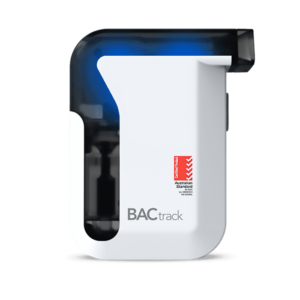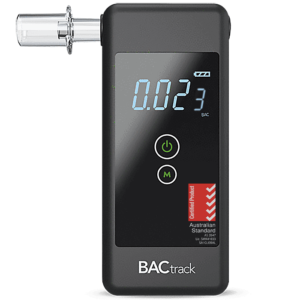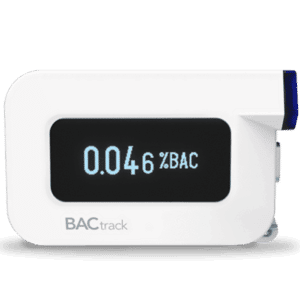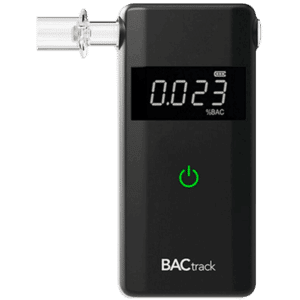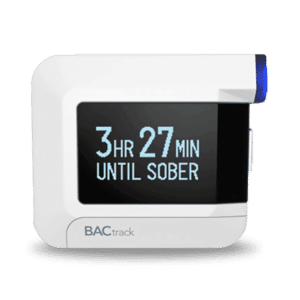Comparison Review: BACtrack vs Alcolimit Breathalysers
24 May, 2023

A breathalyser is an electronic device that measures individuals’ Blood Alcohol Content (BAC) through breath samples. These alcohol testers help monitor traffic checkpoints, workplaces, and other screenings. Individuals can also use a personal device like an Alcolimit breathalyser to manage their alcohol intake and avoid severe impairment. Alcolimit provides various types of breath alcohol testers for personal and professional use. Moreover, there are many aspects to consider when choosing a breathalyser.
Many traffic accidents in Australia involve alcohol-impaired driving. Thus, law enforcement imposes strict measures to curb drink driving incidents, including robust roadside alcohol screening. Hence, consumers test their blood alcohol levels with a breathalyser before going to help avoid legal repercussions. In addition, breathalysers are practical devices that can determine a person’s blood alcohol levels efficiently. This article will cover the importance of a reliable breathalyser and review Alcolimit’s personal and workplace units.
Alcolimit Breathalysers: Reliability of Breath Testers
Individuals can use a personal breathalyser to help check their BAC after alcohol consumption. The availability of alcohol testers for consumers has tremendously helped improve private and public safety. For instance, checking the BAC helps minimise road accidents as it deters drink driving behaviours. Employees may also test their BAC before work to ensure they are sober. The Alcolimit breathalysers provide people and organisations with options based on their safety needs.
Knowing the functions of a breathalyser is essential to help decide what to get. Although they work essentially the same, they can differ in accuracy and performance. The most crucial aspect of a breathalyser is accuracy. People rely on accurate results to help them make informed decisions. Similarly, workplaces must maintain a reliable device when screening employees. This is because false positives may lead to legal disputes. Thus, companies use certified breathalysers.
The Alcolimit breathalysers use semiconductor and fuel cell sensor technology to estimate the BAC. Semiconductor breathalysers are more low-cost, making them ideal for personal use. However, substances other than ethanol can affect the sensors, which may cause inaccurate readings. In contrast, fuel cell breathalysers are highly specific to ethanol. It is the sensor technology used in professional environments because of its high precision and durability. Individuals can also get a pro-grade breathalyser for personal use.
Key Aspects
- Accuracy – different sensor types vary in their sensitivity and detection range, affecting their accuracy and performance.
- Durability – consistency and longevity of the device make breath testing more cost-efficient.
- Ease of use – how convenient and quick to use a breathalyser is.
- Maintenance – the frequency of recalibration of the device.

Alcolimit Breathalysers for Personal Use
Accurate personal breathalysers are vital, especially for probationary drivers. Individuals with a zero alcohol limit must not have alcohol concentration while driving. A slight trace of alcohol in a roadside breath test may incur penalties or have their licence revoked or suspended. Hence, testing the BAC helps checks if it is within the allowed range. The personal Alcolimit breathalysers provide consumers with various testing options. The breathalysers utilise semiconductor and fuel cell sensor technology based on safety needs.
A semiconductor breathalyser is suitable for quick alcohol screening or low-volume testing. These are ideal for situations where one wants to detect alcohol regardless of the amount taken. For example, parents may use it for a family member after a night out. For valid BAC results, it is essential not to expose the device to an environment with smoke or fumes. Before testing, the subject must also ensure not to use alcohol-based products like mouthwash or mint gums.
Many personal Alcolimit breathalysers also use fuel cell sensors. This is ideal for individuals who rely on high accuracies, such as P-platers or employees in high-risk industries. It is also valuable for people under the general alcohol limit in Australia, which is 0.05% BAC. Moreover, the performance of a breathalyser will vary based on its features. Each unit has different specifications that impact its precision.
What to Check in a Breathalyser
- Sensor type
- Results display – how many decimal places on the BAC reading
- Warm-up time
- Turnaround time – the time between retests
- Testing mode – fast and normal mode
- Detection range – the wider the range, the better
- Test counter
- Data output – the capacity to download BAC information to a PC
- Recalibration frequency
- Adjustable settings
- Alarm for driving limits
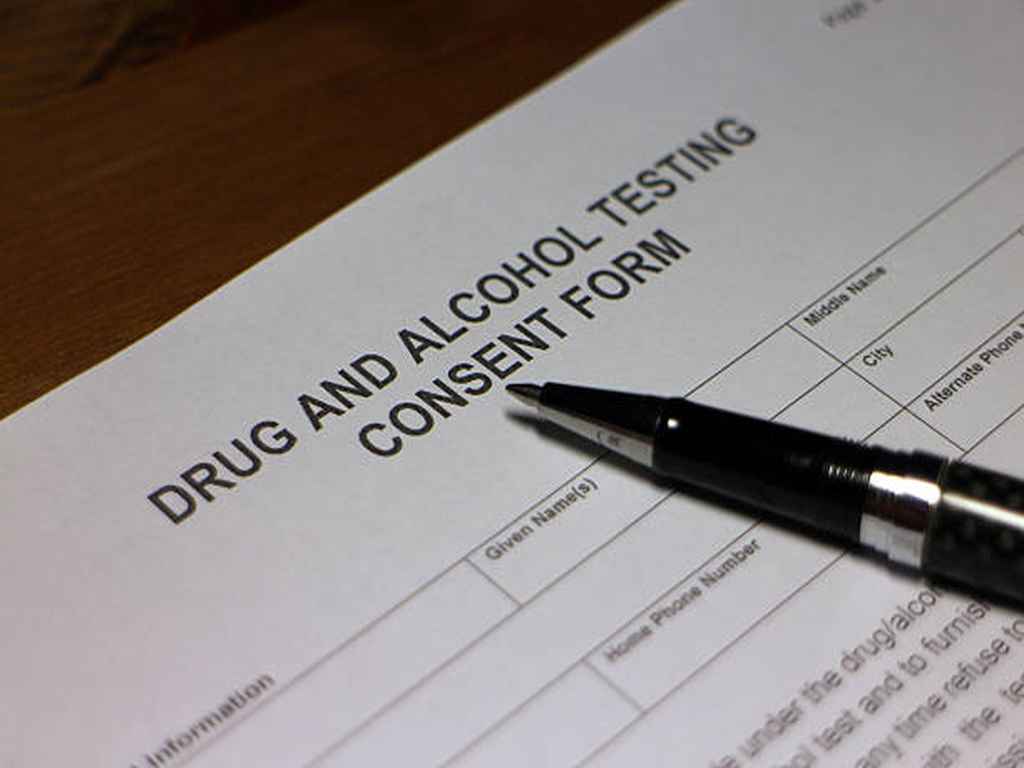
Alcolimit Breathalysers for Workplace Use
The Alcolimit breathalysers provide robust alcohol testers ideal for workplace use. The devices range from handheld fuel cell breathalysers to wall-mounted machines. Many workplaces implement regular alcohol screening as a part of their safety program. It enables organisations to manage substance-related hazards and prevent accidents. Through a professional breathalyser, workplaces can monitor employee alcohol use or impairment efficiently. In addition, an alcohol breath test is the most convenient method because it gives instant results and is non-invasive.
Handheld breathalysers are suitable for testing in remote locations or with offsite workers. Their portability makes it easy to conduct an alcohol breath test on-site without requiring employees to proceed to a facility. Moreover, it does not require a medical professional to administer the test. Likewise, portable breathalysers are more cost-efficient in the long term. They require recalibration every 6-12 months or after every 500 trials. Lastly, the fuel cell sensors remain stable in back-to-back testing.
Furthermore, Alcolimit breathalysers have wall-mounted machines, ideal for high-risk workplaces like mining and construction sites. A wall-mounted breathalyser is more extensive and less portable. It involves using a straw to provide a breath sample and waiting for the results. Therefore, it eliminates direct contact with a mouthpiece. Additionally, it has a low maintenance cost. Instead of sending the unit for recalibration, a wall-mounted breathalyser has replaceable sensor modules.
Features of Wall-Mounted Breathalysers
- Built-in dispenser for plastic straws
- Three decimal place readout
- Large LCD screen
- Visual cues for noisy environments
- Industrial-grade fuel cell sensor – ideal for heavy-duty use
- Replaceable sensors – replace the sensor when it is due for recalibration
- Camera option
- Configurable settings according to workplace requirements
- Built-in airflow control
Conclusion
Alcolimit breathalysers offer devices for personal and professional testing needs. Each unit integrates various functionalities to deliver reliable BAC readings. Moreover, personal breathalysers use semiconductor and fuel cell sensor technology. Thus, the accuracy of a breath tester varies with the technology used. Individuals looking for a breathalyser must consider various aspects, including durability and ease of use. Advanced features like adjustable settings and memory storage also help increase efficiency, especially in managing the BAC results.
Breathalysers are also valuable in professional or safety-critical environments. Workplace devices use more advanced technology to deliver accurate BAC results in heavy-duty applications. Furthermore, companies can use different types of breathalysers depending on their requirements. As a result, it helps lower accident rates and improve overall safety and productivity. In conclusion, it is vital to check the functions and features of choosing a breathalyser for individual or workplace use.


















